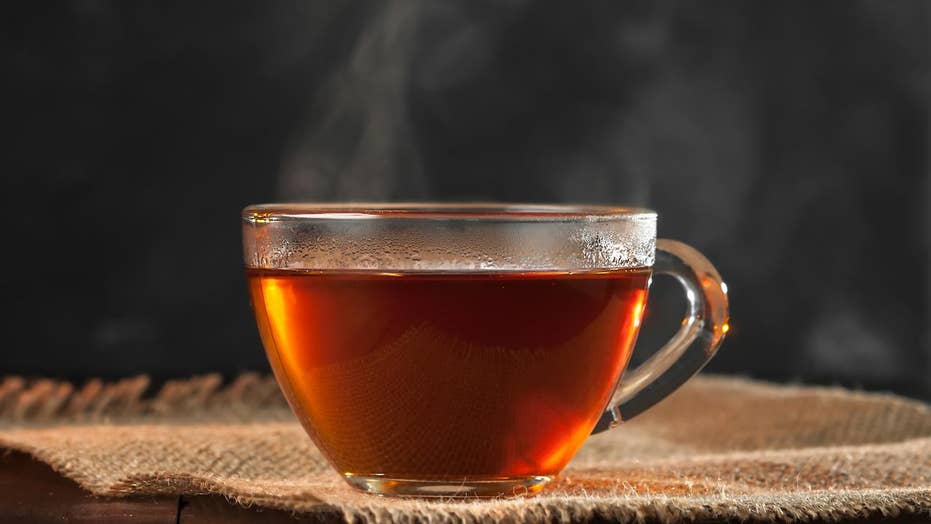

Study finds drinking hot tea linked to increased esophageal cancer risk
Researchers believe drinking beverages that are too hot can lead to ‘thermal injury,’ which, in turn, could increase the chances of developing esophageal cancer later on.
Drinking a scalding hot cup of tea could put you at risk for developing esophageal cancer, a study recently published in the International Journal of Cancer found.
Researchers studied more than 50,000 tea drinkers between the ages of 40 and 75 in the Iranian province Golestan for roughly 10 years. Over that period of time, they identified 317 new cases of esophageal cancer.
BRIDE WAS DIAGNOSED WITH CANCER DAYS BEFORE DREAM WEDDING
More specifically, the researchers said, those who drank 700 milliliters (roughly 24 ounces) or more of tea per day at a temperature of 60°C (140°F) had a “90 percent higher risk of esophageal cancer,” compared to those who did not.
This study is not the first to establish a link between drinking hot tea and an increased risk of developing this type of cancer. But until now, “no study has examined this association using prospectively and objectively measured tea drinking temperature,” the researchers said in a Wednesday news release regarding their findings.
"Many people enjoy drinking tea, coffee, or other hot beverages. However, according to our report, drinking very hot tea can increase the risk of esophageal cancer, and it is therefore advisable to wait until hot beverages cool down before drinking," Farhad Islami, of the American Cancer Society and the study’s lead author, said in a statement.
RED LUMP IN SPANISH WOMAN’S BELLY BUTTON SIGNALS ADVANCED CANCER, REPORT FINDS
It is important to note, however, that it’s the temperature of the beverage — not the type — that puts people at an increased risk. In the study, the researchers said drinking beverages that are too hot can lead to “thermal injury,” which, in turn, could increase the chances of developing esophageal cancer later on.
“As there is no known health benefit from drinking very hot beverages, it will be reasonable to advise people in Golestan and elsewhere to wait for their hot beverages to cool down before drinking,” the researchers concluded, though they noted more research is needed.
Source: Read Full Article